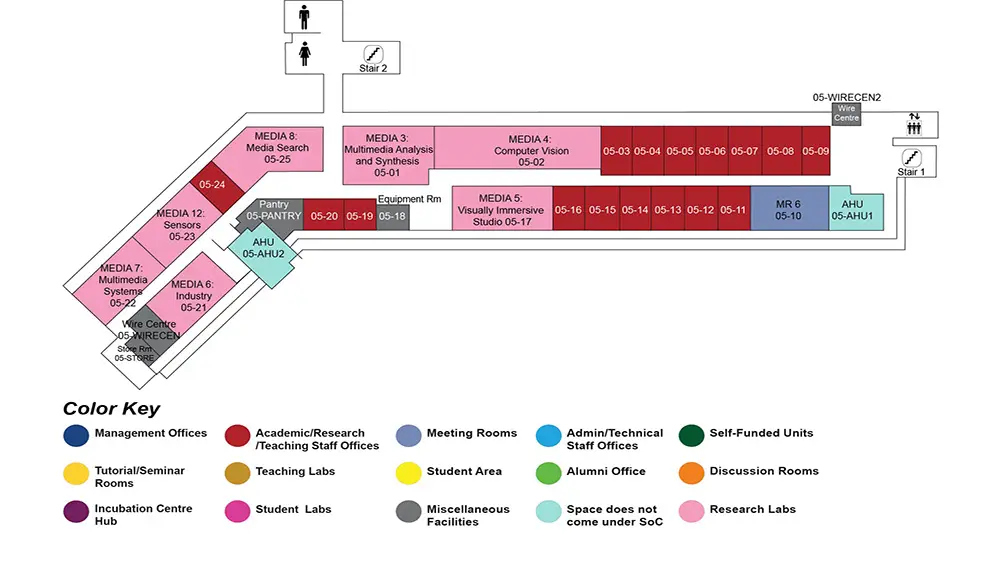Introspective Users and Introspective Text: Some Recent Results
Project Scientist
School of Computer Science
Carnegie Mellon University
AS6 Level 5
MR6, AS6-05-10

Abstract:
During this talk I will present results from my work on two topics.
The first is usable privacy. The internet has enabled individuals to accomplish rich and complex tasks online, but those tasks often lack sufficient privacy safeguards to inform users how their data is collected, analyzed, and redistributed. It remains challenging to effectively communicate privacy choices and their potential consequences, as internet users' privacy preferences are complex and diverse. I will discuss results from two studies relating to privacy in online social networks, and I will show some results from the Usable Privacy Policy Project, a multidisciplinary effort to use crowdsourcing and natural language processing to make it feasible for internet users to understand online privacy practices. The second topic is a research effort in entity linking, a subtopic in natural language processing. Writing to inform frequently contains references to entities such as illustrations, sections, lists, examples, arguments, and other communicative artifacts within a document. I will present some results on work toward identifying references to such artifacts. Potential applications include automatic artifact tagging (in the same sense as tagging images with descriptive text) and document layout generation.
Biodata:
Shomir Wilson is a Project Scientist at Carnegie Mellon University's School of Computer Science. He has previously been a NSF International Research Fellow, a Postdoctoral Fellow, and a Lecturer at the same university, and he has also been an NSF International Research Fellow at the University of Edinburgh in the United Kingdom.
His interests span pure and applied research in usable privacy, natural language processing, and artificial intelligence. He received his Ph.D. in Computer Science from the University of Maryland in 2011.

